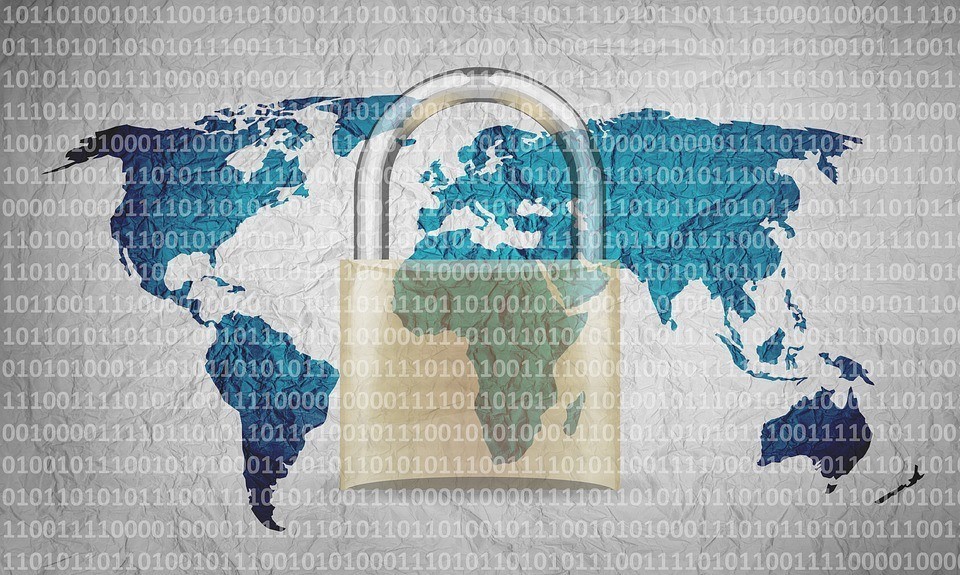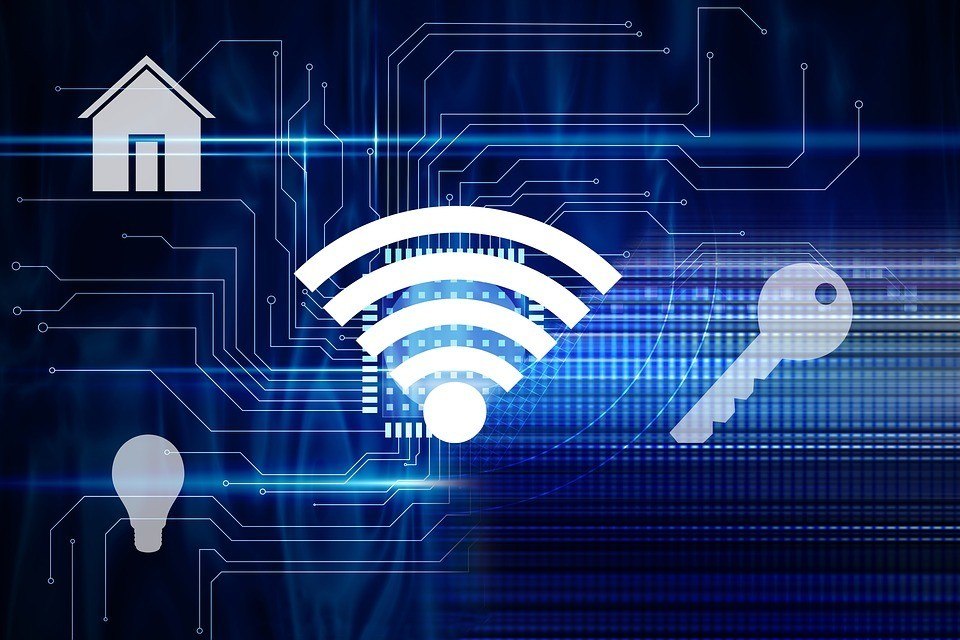What in the world is a computer virus?
It almost sounds like technical jargon too hard to comprehend. The reality is that computer viruses are only a fraction of what computer users should be concerned about. Viruses fall under the umbrella of a much broader term called malicious software, which is any and all software installed on a computer that does something against the law or against the will of the computer user and usually goes unnoticed.
Unfortunately, many times the software will go unnoticed until it’s too late and something bad has happened as a result of the infected computer. In summary, there’s more to be concerned about than just computer viruses. Before discussing the broader term of malicious software, the definition of a virus will be briefly discussed.
When someone’s computer breaks down or is acting in an odd way, many times, the first thought is something along the lines of, “I’ve got a virus!” However, a malfunctioning computer doesn’t always flag the presence of a virus, and many people can confuse the effects of viruses with a malfunctioning computer. Viruses are actually computer programs written to take advantage of flaws or security “holes” in a computer operating system such as Microsoft Windows or OS X (Macintosh). A software program, commonly called an “app” nowadays, can also contain flaws or security holes in the code that makes up the program.
By far, the most common way a computer is infected with a virus is by a computer user finding and installing a program from the internet that is free and “looks good,” usually hosted on a website that looks friendly.
When the program is installed by the user, the tainted program will install a virus simultaneously, unnoticed by the user. However, as said, there is more than just viruses to be concerned about. Other entities that fall under the umbrella of malicious software are rootkits, worms, and spyware. A rootkit can be installed much the same way as a virus can be, but rootkits are more difficult to detect and sometimes go unnoticed by antivirus software and can require an expert to be rid of. A rootkit will enable a remote hacker to more or less take over and administer a computer.
A computer can obtain a worm by running without firewall protection which protects from other computers on a network; a worm is a self-propagating virus that spreads automatically from computer to computer. Spyware is similar to viruses, but the goal of the spyware programmer is to spy on computer users. The result of infection by any of the said entities is usually a broken down computer or identity theft.
The first line of defense in protecting against malicious software is to use great care and careful judgment when deciding which websites to download and install software from. The next line of defense is typically an antivirus suite installed on the computer. Consulting specialists and obtaining appropriate education can aid as first lines of defense, especially when choosing an antivirus suite to be installed on a computer.
Please contact us for a consultation.











